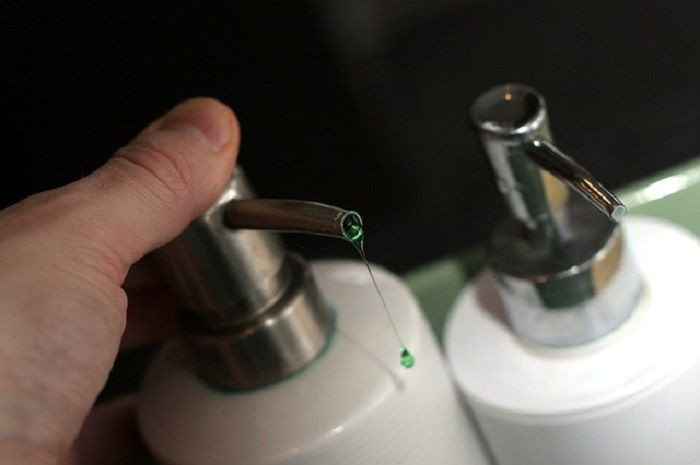Skin Care Products Containing Microbeads May Soon Be Banned In US

Those tiny, smooth plastic pebbles which act as gentle scrubbing agents in facial cleansers and body washes are popular in the cosmetic industry, but the havoc these small spheres can wreak on the environment are rubbing U.S. lawmakers the wrong way.
Last week, the U.S. senate unanimously approved a bill that would ban cosmetics that contain plastic microbeads or particles less than 5 millimeters in size beginning January 2018. The Microbead-Free Waters Act of 2015, which was approved by the House earlier this month and is now headed to the president’s desk, is an effort to keep the particles out of oceans, lakes, and other aquatic habitats because they contribute to major plastic pollution and can spread toxins through our food chain, The Hill reported.
“Our oceans have been choking on these tiny plastic microbeads for way too long,” Miyoko Sakashita, oceans program director at the Center for Biological Diversity, said in a press release. “This is a huge and important step toward protecting fish, birds and other ocean wildlife hurt by plastic pollution.”
Some beauty product manufacturers have already joined the brigade against microbeads. Companies like Proctor and Gamble, Johnson & Johnson, and Colgate-Palmolive have made commitments to phase out microbeads in their products.
Microbeads — considered a form of microplastic marine debris — can last decades in aquatic habitats, “fragmenting over and over again into small pieces,” according to The National Oceanic and Atmospheric Administration. These plastic balls attract and absorb toxins and pollutants present in the water like magnets, and because of their small size these toxic-coated particles can easily be mistaken for food by some species of marine life. This means they are entering the food chain.
"Say a small fish eats a bunch of microbeads, then a large fish eats a smaller fish," Anna Cummins, executive director of 5 Gyres Institute, explained to Vice. "By the time you get to the larger fish that humans consume, they basically have the sum total of the whole contaminants from that whole food chain."
More than eight trillion of these plastic balls — enough to cover more than 300 tennis courts daily — are released into the waterways every day in the United States, according to research published in Environmental Science & Technology. The study states that the plastic microbeads have been reported in every major open ocean and many freshwater lakes and rivers. The exfoliants were even found in Arctic Sea Ice last year.
“We’re facing a plastic crisis and don’t even know it,” Stephanie Green, co-author of the study and the David H. Smith Conservation Research Fellow in the College of Science at Oregon State University, said in statement. “Contaminants like these microbeads are not something our wastewater treatment plants were built to handle, and the overall amount of contamination is huge. The microbeads are very durable.”
If the bill passes, a ban will be placed on cosmetics containing synthetic plastic beads beginning Jan. 1, 2018. For those who will miss the environmentally-harmful microscrubbers, biodegradable alternatives to the exfoliant includes apricot seeds, rice, and bamboo powder.



























